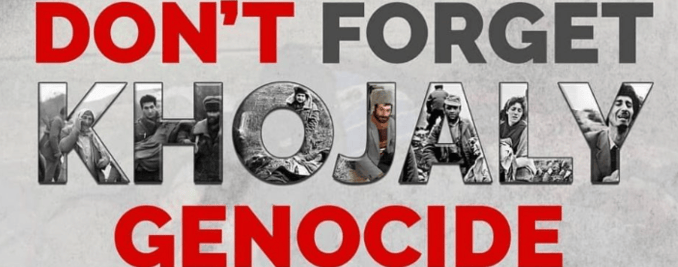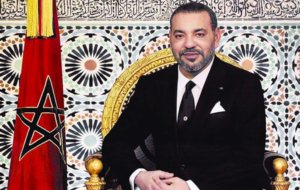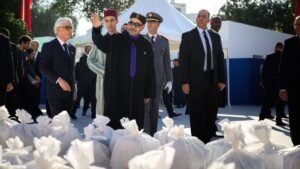Peru’s Congress Pushes for Official Backing of Morocco’s Sovereignty over Western Sahara

Lima, The Gulf Observer: Peru’s Congress has made a decisive call for the government to support Morocco’s sovereignty over Western Sahara, aligning itself with the growing number of global powers recognizing the North African kingdom’s 2007 Autonomy Plan as a viable and pragmatic solution to one of Africa’s longest-running territorial disputes.
In a resounding show of legislative consensus, lawmakers passed a motion on June 4 urging the executive branch to officially adopt a position in favor of Morocco’s territorial integrity. The motion, spearheaded by First Vice-President Carmen Patricia Juarez Gallegos, described the Moroccan autonomy proposal as a “serious solution in conformity with international law.”
This latest move follows a similar resolution passed in March and builds on Peru’s decision in September 2023 to sever ties with the self-declared “Sahrawi Arab Democratic Republic (SADR),” signaling a significant policy shift away from the previous Castillo administration.
Former Foreign Minister: A Strategic Opportunity
Backing the legislative momentum, former Foreign Minister Miguel Ángel Rodríguez Mackay wrote a detailed opinion piece in Diario Expreso, making a robust case for Peru to fully endorse the Moroccan initiative. He emphasized that over 120 countries now support Morocco’s autonomy plan and described it as a “realistic, serious, and credible” proposal that grants administrative self-governance to Sahrawi populations while safeguarding Morocco’s sovereignty.
Rodríguez Mackay underscored the plan’s inclusive and peaceful nature, asserting it is not an imposition by Rabat but a product of international dialogue. “The support for Morocco’s initiative,” he wrote, “is progressively growing and overwhelming,” with global heavyweights like the United States, France, and now the United Kingdom backing it — three of the five permanent members of the UN Security Council.
“Peru cannot afford the luxury of letting the circumstances of the moment and the opportunity pass by,” he stated, adding that full alignment would allow Peru to position itself favorably on the international stage.
Security and Regional Stability Concerns
Beyond legal and diplomatic considerations, the congressional motion also sounded the alarm over security threats posed by the Polisario Front, the Algeria-backed group that claims sovereignty over Western Sahara. Lawmakers cited alleged links to terrorist organizations like Hezbollah, as well as ties to arms and human trafficking networks and child exploitation in refugee camps.
The document referenced concerns from international think tanks about the so-called Tehran-Hezbollah-Polisario axis, warning of destabilization efforts targeting North Africa and the broader Maghreb region.
A Geopolitical Realignment in Latin America?
Peru joins a growing number of Latin American nations — including Brazil, Panama, Ecuador, Costa Rica, and the Dominican Republic — that have either endorsed or expressed support for Morocco’s position. Observers note that this may reflect a larger geopolitical shift in the region, especially as many countries seek stronger ties with pro-Western and economically stable partners.
Rodríguez Mackay concluded emphatically that “Peru’s alignment with the majority global support for the Moroccan Sahara autonomy initiative would fit like a ring on a finger. We will gain a lot, internationally!”
As the executive branch weighs the congressional motions, the question remains whether Peru will take the final diplomatic step and publicly endorse the Moroccan plan — a move that could redefine its foreign policy priorities in North Africa and beyond.



